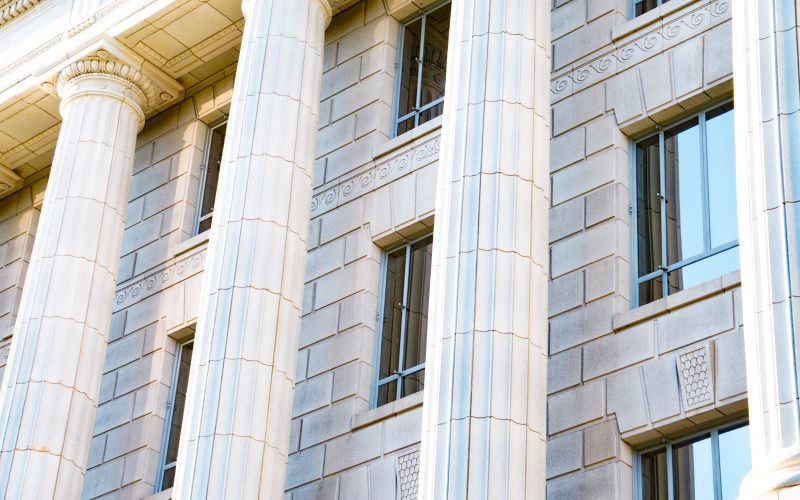In a high-stakes effort to avert a potential financial crisis, the White House and Republican lawmakers have embarked on negotiations to shape a debt ceiling deal. With the country’s borrowing authority set to expire in the coming months, the pressure is mounting to find a bipartisan solution that addresses the nation’s fiscal challenges while avoiding unnecessary economic turmoil.
The debt ceiling, a statutory limit on the amount of money the federal government can borrow to finance its obligations, has been a contentious topic in American politics for years. Failure to raise the debt ceiling could result in severe consequences, including defaulting on the country’s financial obligations, a credit rating downgrade, and a sharp decline in investor confidence.
While both parties recognize the urgency of reaching a deal, the negotiations are expected to be fraught with political posturing and competing priorities. The Biden administration, keen on securing additional funds for its ambitious policy agenda, seeks a substantial increase in the debt ceiling. Simultaneously, Republicans, concerned about the long-term impact of growing national debt, advocate for stringent spending cuts and budgetary reforms.
The challenge lies in finding common ground between these disparate perspectives. Bipartisanship, often elusive in today’s polarized political climate, is essential to prevent a potential economic catastrophe. Both sides must navigate a delicate balance between addressing immediate fiscal needs and ensuring the long-term sustainability of the nation’s finances.
To achieve this, an array of negotiation tactics will come into play. Behind closed doors, lawmakers will engage in intricate dealmaking, leveraging compromises and concessions to secure the necessary votes. Public posturing and media statements will add an additional layer of complexity, as politicians attempt to manage their messaging and appeal to their respective bases.
While the ultimate outcome remains uncertain, the consequences of inaction are dire. A failure to raise the debt ceiling could have cascading effects on the economy, including rising interest rates, increased borrowing costs, and reduced access to credit for businesses and individuals. Such an outcome would undoubtedly harm economic growth, job creation, and the financial stability of American households.
As journalists, our role is to scrutinize the negotiations, provide accurate and timely information, and hold both sides accountable. In the coming weeks, we will closely follow the developments, analyze the potential consequences of different scenarios, and seek expert insights to provide a comprehensive understanding of the situation.
It is crucial for the public to remain informed and engaged in this critical debate. By shedding light on the intricacies of the debt ceiling negotiations, we can help foster a better understanding of the issues at hand and encourage a productive national conversation.
In the face of political differences, the path to a debt ceiling deal may be fraught with obstacles. However, the potential consequences of inaction demand that politicians set aside partisan interests and work towards a solution that prioritizes the economic well-being of the nation. The coming weeks will be pivotal, and the decisions made in the hallowed halls of the White House and Congress will shape the future trajectory of America’s fiscal landscape.
As journalists, let us commit ourselves to the pursuit of truth, objectivity, and the public’s right to know, so that we may play our part in this crucial democratic process.












